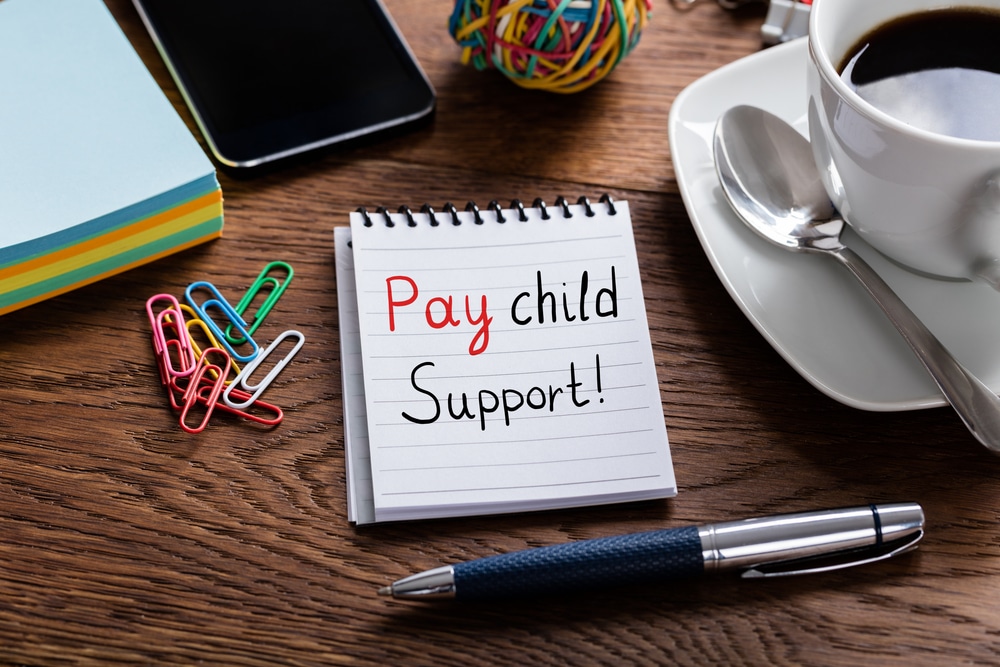
Divorce can be a challenging, emotionally draining endeavor. There are many issues to consider when contemplating divorce or preparing to file. These issues include but are not limited to division of assets, child custody, child support, spousal maintenance (alimony), debt, future income, and more.
For many divorcees, child custody and child support may be the most important issues to consider. Not receiving timely child support payments can be an extremely frustrating experience for anyone depending on those payments to raise a family. The children may have to go without, and the adults responsible for their care could really struggle to make ends meet and put food on the table.
Child support payments may cover not only basic essentials such as food and shelter but may also go towards school tuition, books, and other educational components. For parties responsible to pay child support who for whatever reason do not, consequences and enforcement may be necessary. The effects caused by non-payment can be devastating and long-term.
According to NCSL, states play a vital role in child support payment legislation. According to NCSL, 2015 data showed that some $33 billion in child support went unpaid. Less than half of custodial parents received the full amount of child support due, and states are now examining alternative methods for enforcing payments and money owed, including the use of civil contempt.
According to ocdivorce.net, child support orders had been very difficult to manage and enforce when one parent may be out of state. That has changed, however, since the passage of the Uniform Interstate Family Support Act, or UIFSA. This act enables states to collaborate on child support issues, including enforcement and the creation of child support orders.
Under the UIFSA, states must consider several factors when determining child support payments. These may include:
The laws of the issuing state govern all aspects of a current child support order, to avoid confusion, and enforcement agencies have immense power to enforce these orders in the best interest of the child or children.
If you are going through a divorce or have concerns regarding your current child support order, do not wait to seek legal counsel. Please contact us online at www.familylawadvocate.com or give us a call today to discuss your situation. Our legal advisors will answer any questions you may have and help you get the child support that is owed to you, regardless of where your co-parent is living.